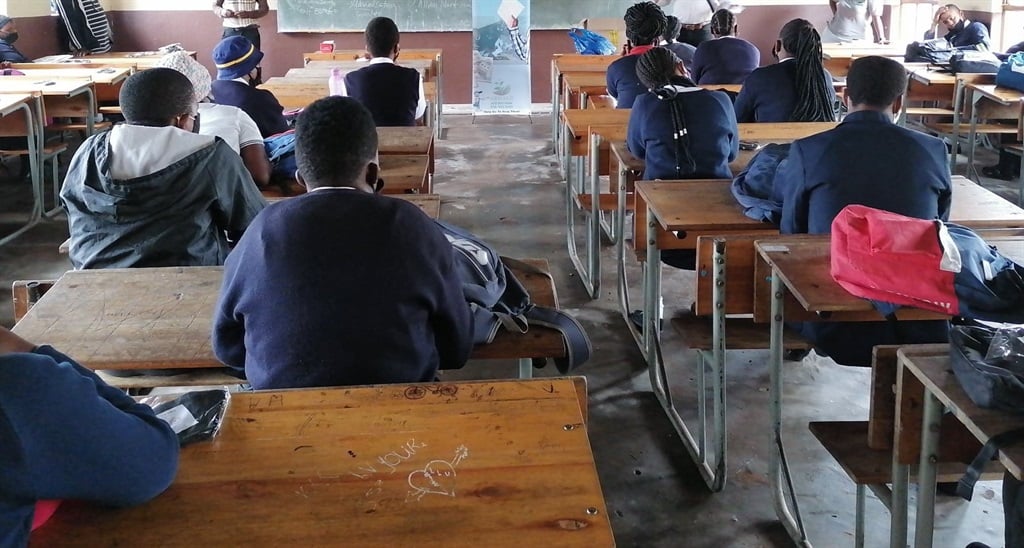
- Unicef says an estimated 40 percent of school-aged children are not in school.
- The pandemic has shown that school closures have wide-reaching damage, the agency said.
- The agency has urged governments to avoid closing schools as part of Covid-19 restrictions.
As South African pupils return to school, millions of children in neighbouring countries are forced to stay home due to a spike in Covid-19 infections.
An estimated 40 percent of school-aged children, in east and southern Africa, are not in school because of Covid-19 restrictions, Unicef said on Tuesday. Only 12 out of 21 countries have schools that are still fully open. Three countries have partially opened schools.
Botswana, Namibia, Zambia and Uganda have all closed schools, while Zimbabwe announced it was extending the winter break. Rwanda and Mozambique have closed schools in hotspot infection areas.
It equates to 32 million children forced to stay at home, the United Nations children's agency said - and this is in addition to the 37 million children who were already out of school before the pandemic.
"Although the number of children out of school constantly fluctuates, depending on the local context, the fact that an estimated 40 percent of the region's children are out of school is shocking," said Lieke van de Wiel, Unicef's deputy regional director.
Few children have been able to take advantage of remote learning, as millions of children do not have access to a computer, smart phone, or even the internet.
What's more, the pandemic has provided a lesson in how damaging staying out of school can be. Apart from learning lost, school provides a safe space for many children, sparing them from child marriage, teenage pregnancy or abuse. Many schools also provide a meal for children.
As countries respond to new waves of infection, Unicef has urged governments to keep schools open and find other strategies to curb the spread of the coronavirus.
The children's agency pointed to growing research that the risk Covid-19 poses to children is still low.
"The impacts of closures - both in the short and in the long term - are too vast to justify persisting with this approach. And online learning alone cannot substitute the overall benefits of children physically being in school, having fun and learning from friends," Van de Wiel said in a statement.
"When containment measures are being discussed and agreed, schools must be the last to close and the first to open."
The News24 Africa Desk is supported by the Hanns Seidel Foundation. The stories produced through the Africa Desk and the opinions and statements that may be contained herein do not reflect those of Hanns Seidel Foundation.
